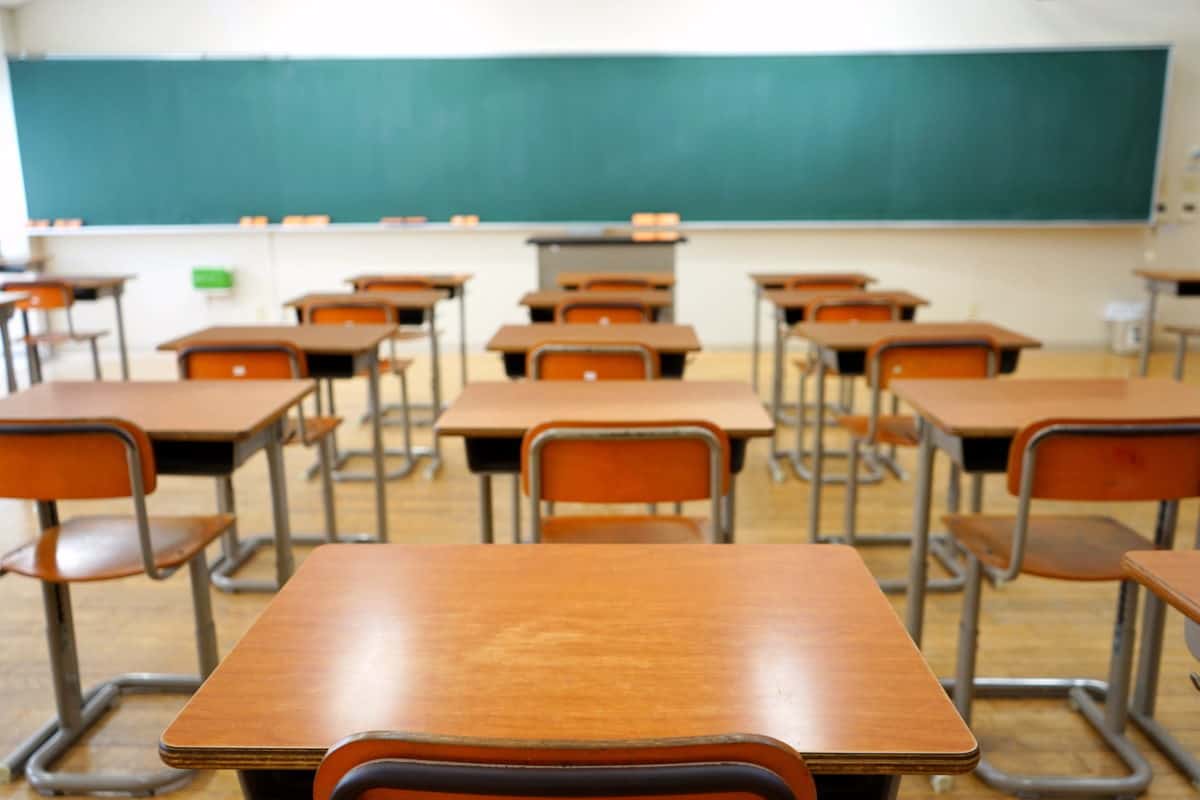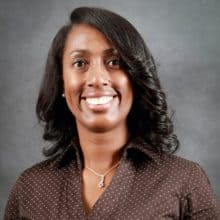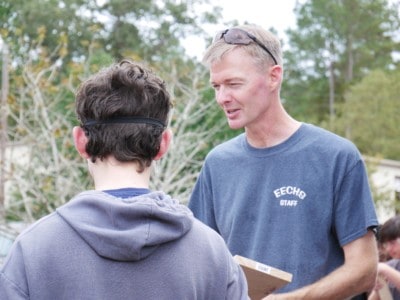

“Happy New Year!”
The sirens, sounds, and the infamous ball drop bring to my memory how hopeful and exciting a new year can be. The anticipation of great things to come, a new plan for wellness, new personal and professional goals, and for some, it meant the start of your last semester preparing to become a professional teacher.
This spring meant the last semester of student teaching, the last semester of completing tasks for licensure, the last semester at your university surrounded with familiar faces and the hustle and bustle of college life. Who knew that just months later, a pandemic would rain on our New Year’s parade.
Who knew that just months later, schools would shut down, time at our universities would come to an abrupt halt, and 6 feet is the closest we can be to our neighbor. Stay-at-home policies and closed school districts sharply ended your student teaching experience.
Now, you’re emerging from your teacher preparation experience a bit earlier than anticipated. But you still have a chance to make a huge difference in a child’s life, and you still have an entire career desperately waiting for a teacher just like you. A teacher that would inspire, ignite, and influence their students to go beyond their wildest dreams.
After almost a decade in the classroom and several years coaching teachers, I am writing to provide you with some tips that can offer you the nourishment you need to enter the school year like you haven’t missed a beat. As you can guess, I didn’t become a teacher during a pandemic, but I taught a few years after 9/11, and the traumatic experiences of that day were still very much present.
Whether you are an emerging teacher from a traditional or a non-traditional program, all is not lost. As new teachers emerging from a pandemic, you have new fears — here are some strategies that can give you a new hope for your future as a professional educator.
- Re-read and reflect on your teacher preparation experience. Many of you kept journals, took pictures, or may even have a heartwarming note from a student or a parent. Reflect on the journey you just experienced. Allow what you have learned and experienced to be like seeds planted in a garden, and every time you reflect and apply what you read, you are watering a plant so it can grow into a transformational teacher.
- Reach out and talk to teachers who are currently teaching in your future school. If you are not sure, reach out to a teacher you had during your student teaching. Check in on them, and if possible, help them. And then, when you can, ask them for advice. During this experience, you can not only pay it forward, but begin to foster relationships with people who could potentially mentor you once you enter the classroom.
- Practice, practice, practice. Practice lesson planning and teaching, and call your friends on Zoom to demonstrate potential lessons. This is also a great time to become familiar with the online platform your district is using in case you need to use it in the fall. Most online platforms, like Canvas, have tutorials you can watch online for free.
- Don’t fear failure. Your first year as a teacher will be the beginning of a school year that no one has ever experienced. When you finally enter your classroom, you will be joined with teachers and students who have been away from each other for way too long. Everyone will have a fresh start, everyone will need time to adjust, and it may literally feel like a first year of teaching for everyone. So, plan to give yourself the grace to glide into teaching.
Below are some resources that can help your development when you are ready:
- Earn a Culturally Sustaining Teaching Certificate. This program is a unique opportunity for educators who desire to be effective for 21st-century learners. The online certification program will instruct educators in culturally relevant and best teaching practices. The primary goal of the certificate is to engage classroom teachers to increasing practical and theoretical capacities to engage all learners.
- Read The ABC’s of Classroom Management by Brian Bulluck. Teaching is more challenging today than ever before. Every day teachers are faced with the burden of dealing with challenging situations and inappropriate behavior within the classroom. Bulluck was a special education teacher, and observed many challenging situations and realized that some situations could be prevented or de-escalated by being proactive instead of reactive in dealing with disruptive behavior. In this book, you will discover how to do this.
- Read White Teachers Diverse Classrooms edited by Julie Landsman and Chance Lewis. This book is replete with examples from practice and telling insights that will engage teachers in practice or in service. It should have a place in every classroom in colleges of education and K-12 schools. Its empowering message applies to every teacher working in an educational setting that recognizes the empowerment that comes in celebrating diversity. Each chapter concludes with a set of questions for personal reflection or group discussion.




